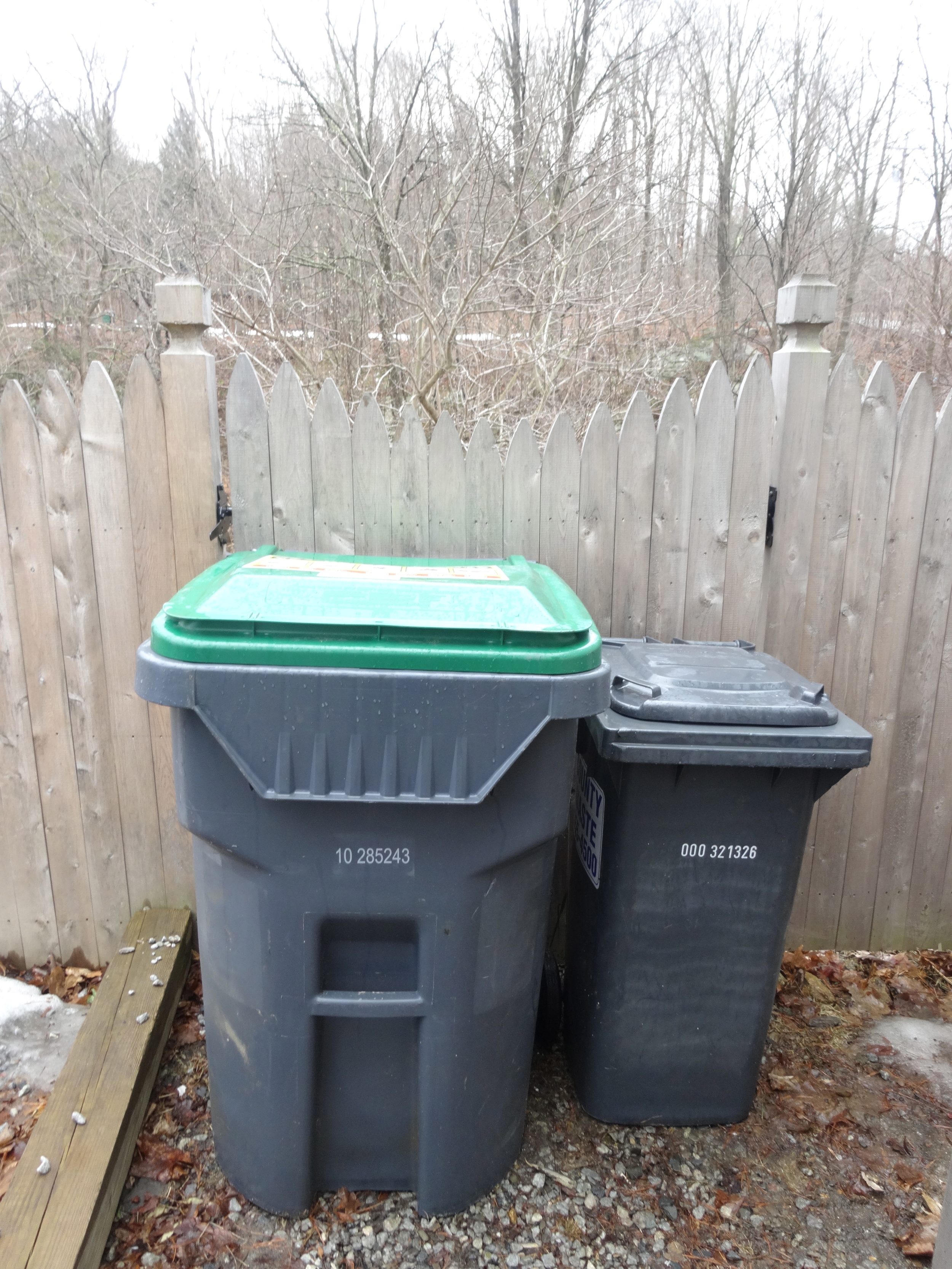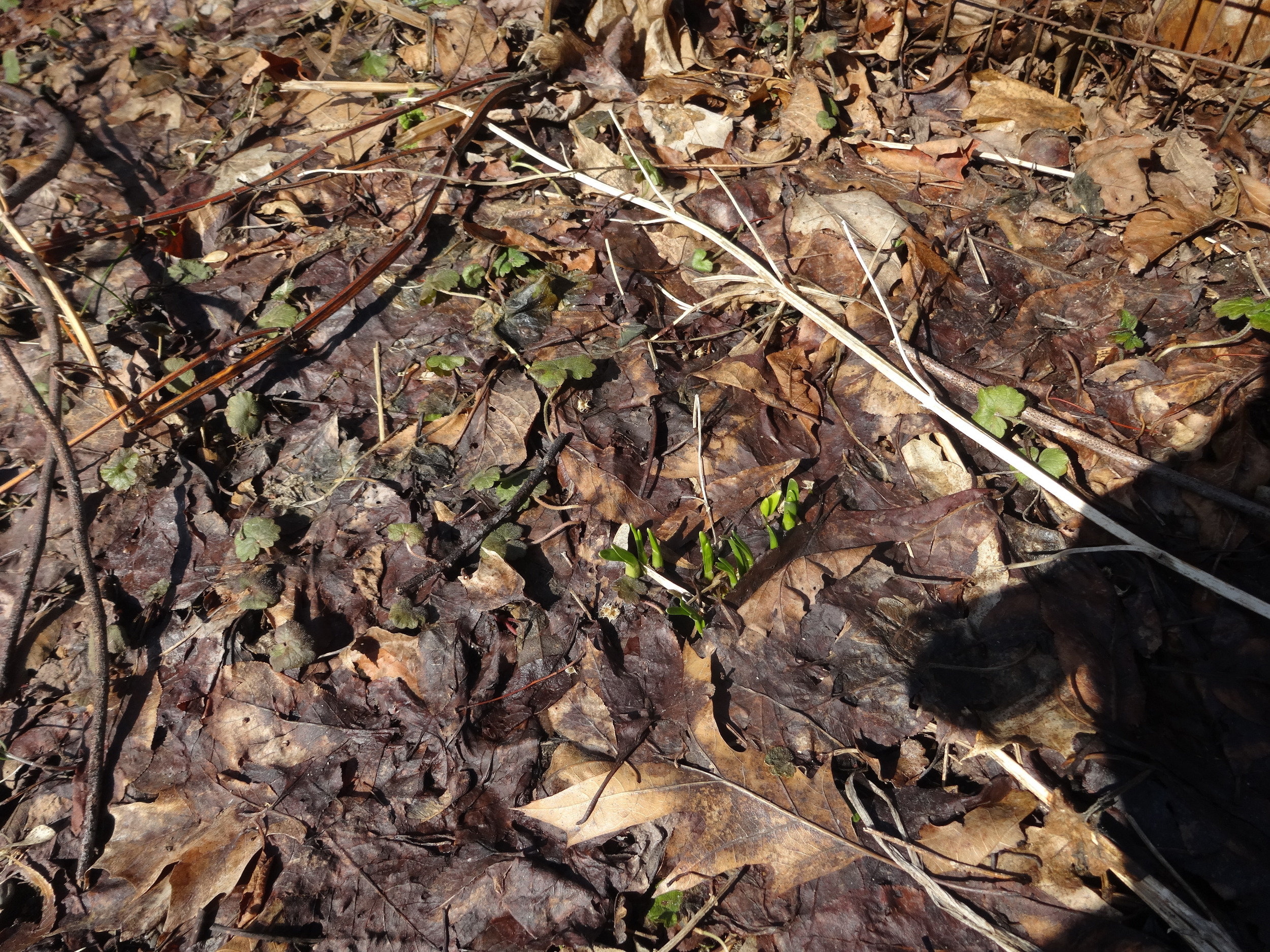 We easily tend to judge something as right or wrong - after all we live in a dualistic world and can't avoid seeing our existence through juxtapositions. Good and bad, black and white, cold and warm. It seems only natural to take sides, argue, condemn, judge, and feel bad when someone doesn't share our opinion. But it helps to see the other person's perspective to understand how silly some arguments are, and how what we thought was "wrong" ends up being "right" from a different viewpoint.
Let me put that into perspective. A few years ago my sister and I had a discussion over towel drying logistics - this was before I stopped using my clothes dryer. I argued that dryer dried towels felt so good because they were soft, which conveyed to me the feeling of "freshly washed." On the contrary, my sister, who doesn't have a dryer, said (most Europeans actually don't). Her scratchy and stiff line dried towels give her that feeling of "freshly laundered," she explained, because soft towels leave the impression that they have been used and need to be washed. Ok, point well taken. A few years later, when energy costs went through the roof, I woke up and stopped using my drier in favor of drying racks (air and sunshine are for free, electricity is not) - and lo and behold, my attitude changed 180o and I found myself adopting her position.
We easily tend to judge something as right or wrong - after all we live in a dualistic world and can't avoid seeing our existence through juxtapositions. Good and bad, black and white, cold and warm. It seems only natural to take sides, argue, condemn, judge, and feel bad when someone doesn't share our opinion. But it helps to see the other person's perspective to understand how silly some arguments are, and how what we thought was "wrong" ends up being "right" from a different viewpoint.
Let me put that into perspective. A few years ago my sister and I had a discussion over towel drying logistics - this was before I stopped using my clothes dryer. I argued that dryer dried towels felt so good because they were soft, which conveyed to me the feeling of "freshly washed." On the contrary, my sister, who doesn't have a dryer, said (most Europeans actually don't). Her scratchy and stiff line dried towels give her that feeling of "freshly laundered," she explained, because soft towels leave the impression that they have been used and need to be washed. Ok, point well taken. A few years later, when energy costs went through the roof, I woke up and stopped using my drier in favor of drying racks (air and sunshine are for free, electricity is not) - and lo and behold, my attitude changed 180o and I found myself adopting her position.
Wars are fought over such "rights" and "wrongs." We know the familiar arguments over toothpaste tube rolling up, or not, and how to insert the toilet paper roll into the holder, with the paper down the front or the back. Try putting yourself in the other shoes next time you are ready to judge a person for their nose ring, their opinion, their hair color (blue anyone?), or their religion.







